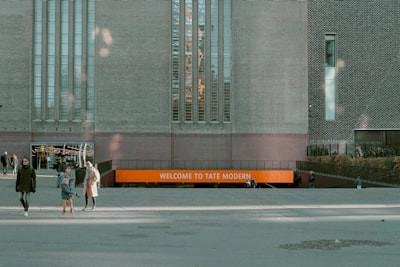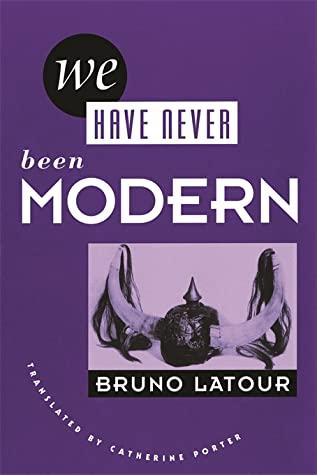Learn more about problemsolving with this collection
Identifying the skills needed for the future
Developing a growth mindset
Creating a culture of continuous learning
An anthropology of science
With the rise of science, we moderns believe, the world changed irrevocably, separating us forever from our primitive, premodern ancestors. But if we were to let go of this fond conviction, Bruno Latour asks, what would the world look like? His book, an anthropology of science, shows us how much of modernity is actually a matter of faith.
10
217 reads
What does it mean to be modern?
What difference does the scientific method make? The difference, Latour explains, is in our careful distinctions between nature and society, between human and thing, distinctions that our benighted ancestors, in their world of alchemy, astrology, and phrenology, never made. But alongside this purifying practice that defines modernity, there exists another seemingly contrary one: the construction of systems that mix politics, science, technology, and nature. The ozone debate is such a hybrid, in Latour’s analysis, as are global warming, deforestation, even the idea of black holes.
10
115 reads
The connections between nature and culture
As these hybrids proliferate, the prospect of keeping nature and culture in their separate mental chambers becomes overwhelming—and rather than try, Latour suggests, we should rethink our distinctions, rethink the definition and constitution of modernity itself. His book offers a new explanation of science that finally recognizes the connections between nature and culture—and so, between our culture and others, past and present.
11
80 reads
A sense of possibility
Nothing short of a reworking of our mental landscape, We Have Never Been Modern blurs the boundaries among science, the humanities, and the social sciences to enhance understanding on all sides. A summation of the work of one of the most influential and provocative interpreters of science, it aims at saving what is good and valuable in modernity and replacing the rest with a broader, fairer, and finer sense of possibility.
10
80 reads
It seems evasive, and even a bit comic, how thinkers in the past century or so, increasingly designate eras with the prefix "post": "post-Christian," "post-Holocaust," "post-industrial," "post-structuralist,"post-modern," "post-humanist," and so on. . . These labels define a period by what it follows rather than what it is, so they do not really describe it at all. According to Latour in We Have Never Been Modern, this is because the fundamental characteristic of modernism has been a strictly linear conception of time, which is divided up according to revolutionary events and ideas.
10
62 reads
This means that everything is irrevocably changed. Those ruptures between the past and present, in turn, are projections of a similarly abrupt division of the world between the realms of nature, ruled by inexorable laws, and of civilization, determined by human freedom. The breaks with the past are, however, an illusion, since "we have never been modern," and historical changes are neither progressive nor irreversible.
10
62 reads
CURATED BY
More like this
7 ideas
Out of the Tar Pit
goodreads.com
15 ideas
The Land Where Lemons Grow
goodreads.com
4 ideas
A Lifetime's Reading
goodreads.com
Read & Learn
20x Faster
without
deepstash
with
deepstash
with
deepstash
Access to 200,000+ ideas
—
Access to the mobile app
—
Unlimited idea saving & library
—
—
Unlimited history
—
—
Unlimited listening to ideas
—
—
Downloading & offline access
—
—
Personalized recommendations
—
—
Supercharge your mind with one idea per day
Enter your email and spend 1 minute every day to learn something new.
I agree to receive email updates

